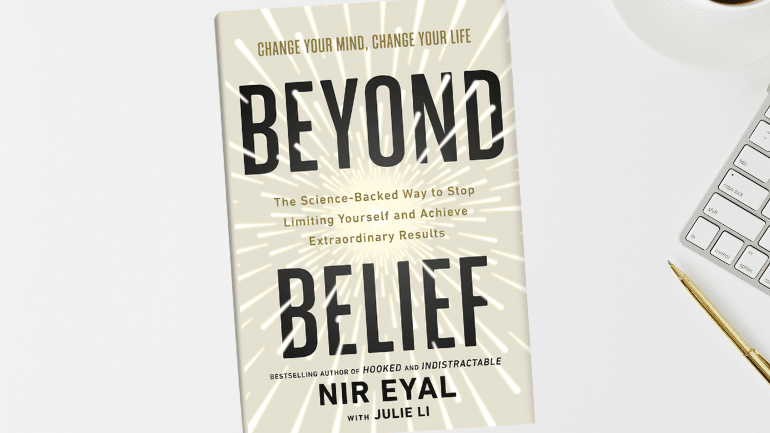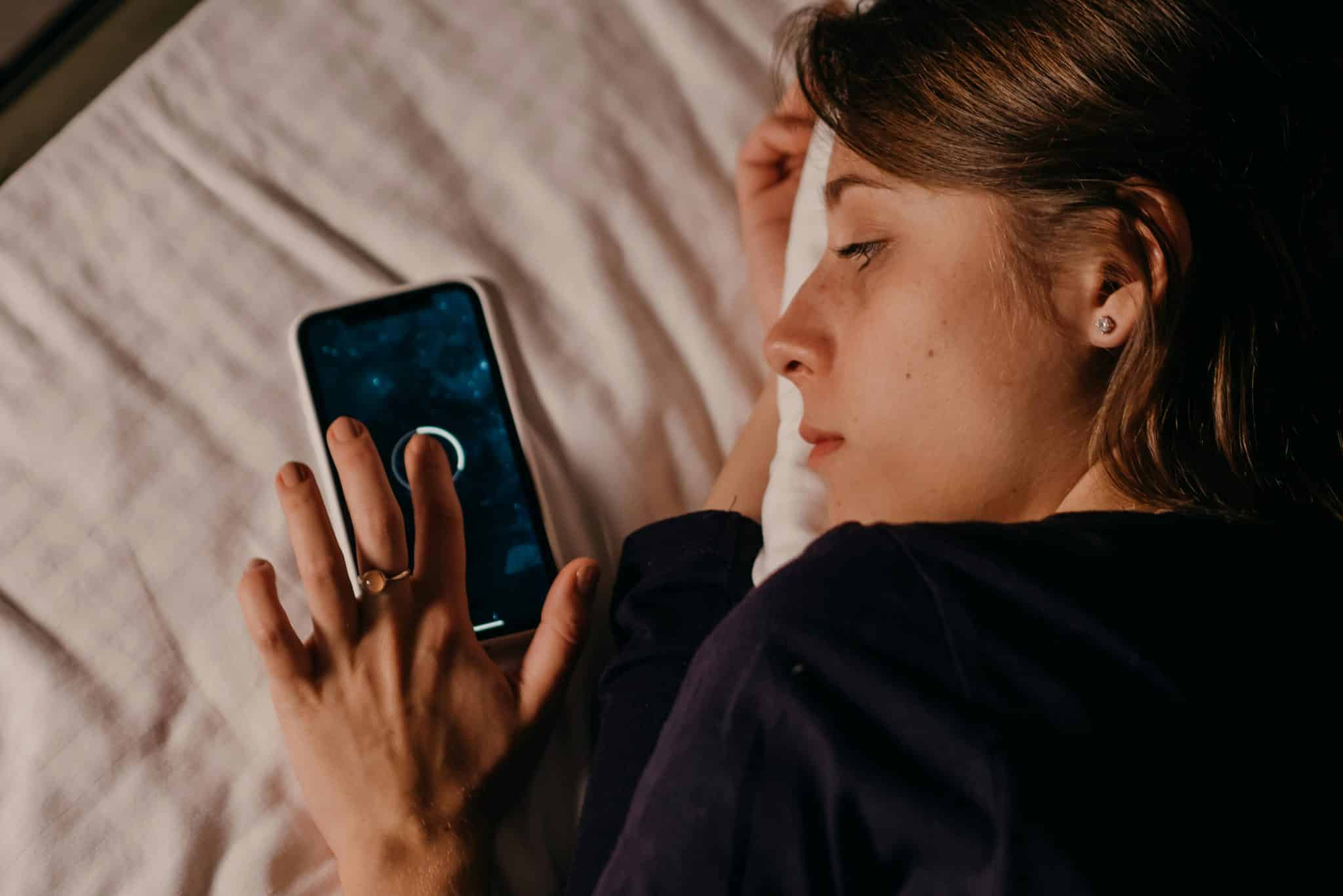Scrolling Kills: What That Actually Means

We have all heard the warning by now: “Scrolling kills.” It sounds hyperbolic, maybe even fearmongering. But behind the drama is a deeper truth.
Excessive scrolling quietly dismantles parts of your cognitive life. It doesn’t kill your body. But it does quietly erode parts of life you probably care about: your attention, creativity, and sense of self.
Let’s unpack what that really means and how to take your focus back.
TL;DR
- “Scrolling kills” isn’t literal, but it’s not harmless.
- Constant scrolling fragments focus and stresses the nervous system.
- Neuroscience shows it disrupts dopamine, sleep, and attention cycles.
- You don’t need to quit tech. But you do need a boundary.
- Tools like Freedom help make space for deeper focus.
It’s Not the Phone. It’s Your Attention System
Your brain is wired to detect novelty. Every scroll offers a hit of newness, pinging your dopamine system and pulling your focus away from depth. As The Atlantic asked years ago: Is Google making us stupid, or is constant input making deep thinking harder?
Our attention system wasn’t designed for this level of stimuli. In nature, novelty was infrequent and meant survival. Now, we encounter hundreds of novel images, posts, and stories per hour. This constant barrage exhausts our cognitive filters, leading to mental fatigue and reduced clarity.
Modern interfaces like infinite scroll, auto-play, endless recommendations were engineered to hold attention, not to support well-being. These design patterns activate our brain’s reward circuits while making it harder to notice when we’re mentally drained.
This is why scrolling doesn’t just consume time. It shatters it.For more on this, see our guide to doomscrolling’s effects on mental health.
“Scrolling Kills” — but does it actually cause harm?
Yes. In some cases, it’s led to accidents and safety issues. Cities have even passed laws around distracted walking, according to BBC News.
But more often, the damage is quiet and cumulative. It’s not about danger. It’s about dilution.
This dilution is subtle but significant. It shows up in moments when you can’t remember what you just read, or when a conversation feels flat because you’re only half present.
The long-term cost isn’t just cognitive. It’s emotional. When you feel distracted all day but don’t remember doing anything meaningful, it affects your mood and sense of purpose
The Real Cost Of “Scrolling Kills”: Dilution, Not Death
Scrolling kills not your body, but your attention span, your depth, your calm. Neuroscientist Andrew Huberman explains that constant stimulation trains the brain to expect novelty. This makes deep work, rest, and even joy feel harder to access.
The real cost isn’t just lost productivity. It’s lost presence. When your brain is always waiting for the next hit of stimulation, even beautiful or important moments start to feel dull.
This is why so many people report feeling both exhausted and restless after hours online. Your body stays still, but your mind is in constant motion. Never quite landing anywhere.Want to understand this more deeply? Read Reclaiming Calm from Digital Mental Overstimulation.
You’re Not Broken. Your Brain’s Just Wired This Way.
Your nervous system isn’t failing. It’s just adapting. Scroll-heavy environments hijack systems that evolved to protect you. It’s not weakness. It’s biology. But biology can be retrained.
Compassion is key here. Blaming yourself or fearing of “scrolling kills” will only increases stress. Instead, focus on rebuilding rhythms that support rest, focus, and agency.
When you scroll, you’re responding to environments designed to keep you there. Noticing this, without self-judgment is the first step toward reclamation. Your brain is highly adaptable. Even small breaks from stimulation begin to shift its baseline.
Think of this as an experiment, not a perfection plan. Every small step toward mindfulness counts

How to Take Back Control (Without Quitting Tech)
You don’t need to delete every app or toss your phone in a lake just out of the fear of “scrolling kills”. But you do need space. Space from constant novelty, space to return to depth.
Here’s how to start:
- Create screen-free zones such as during meals or mornings.
- Use the 3-2-1 rule at night: 3 hours before bed, no work; 2 hours before bed, dim screens; 1 hour before bed, no screens.
- Block distracting apps during focus times using tools like Freedom.
Another powerful strategy is to replace scrolling with something engaging but restorative. Like walking, drawing, or audiobooks. The goal isn’t deprivation, but redirection.
Practice “intentional opening.” Before you unlock your phone, ask yourself: What am I here to do? This small moment of awareness can rewire your habits.
It also helps to use the “one-tab rule.” If you open your device for one purpose, stick to that one tab or app. This limits cascade scrolling, where one task bleeds into hours of passive consumption.
Small, repeatable actions like leaving your phone out of reach while you work, create cues that shift behavior automatically over time. This is the foundation of digital boundaries that last.
Ready to try it? Download Freedom here.
If you swing between deep focus and burnout, try our Cortisol Detox Plan for High Performers
So… Does Scrolling Kill?
Not literally. But it does kill something subtler: your mental stillness, your focus, your time.
Scrolling kills focus, not you. But the best part? You have the power to stop that. One choice, one moment at a time.
FAQs
It’s a metaphor for how constant digital input erodes your ability to focus, rest, and think deeply. While not physically deadly, its effects on mental clarity are significant.
Yes. Frequent scrolling increases stress, dopamine dysregulation, and attention fragmentation. It can also worsen sleep and mood.
According to UC Irvine research, about 23 minutes. This means frequent scrolls can steal hours of deep work.
No. Start small. Block only your most distracting apps and create intentional windows for tech-free time.
This is called “dopamine looping.” Your brain learns to expect reward from scrolling, even when the experience is empty. Breaking this loop requires patterns that introduce real reward—like connection, movement, or creativity.
Not at all. Neuroplasticity—your brain’s ability to change—is active throughout life. Even a week of intentional practice can start to shift your mental state.


